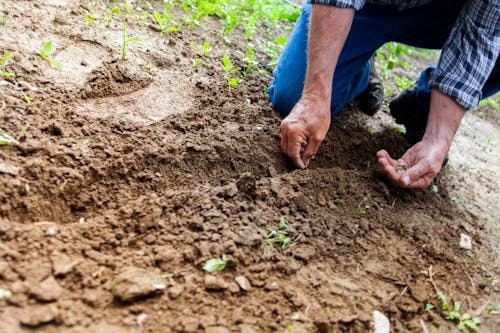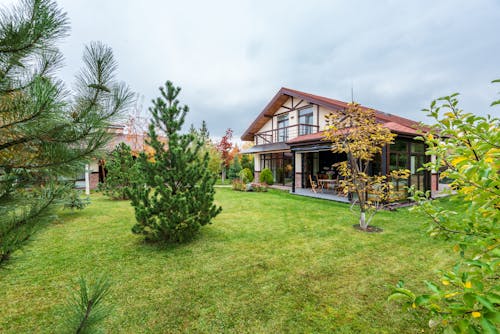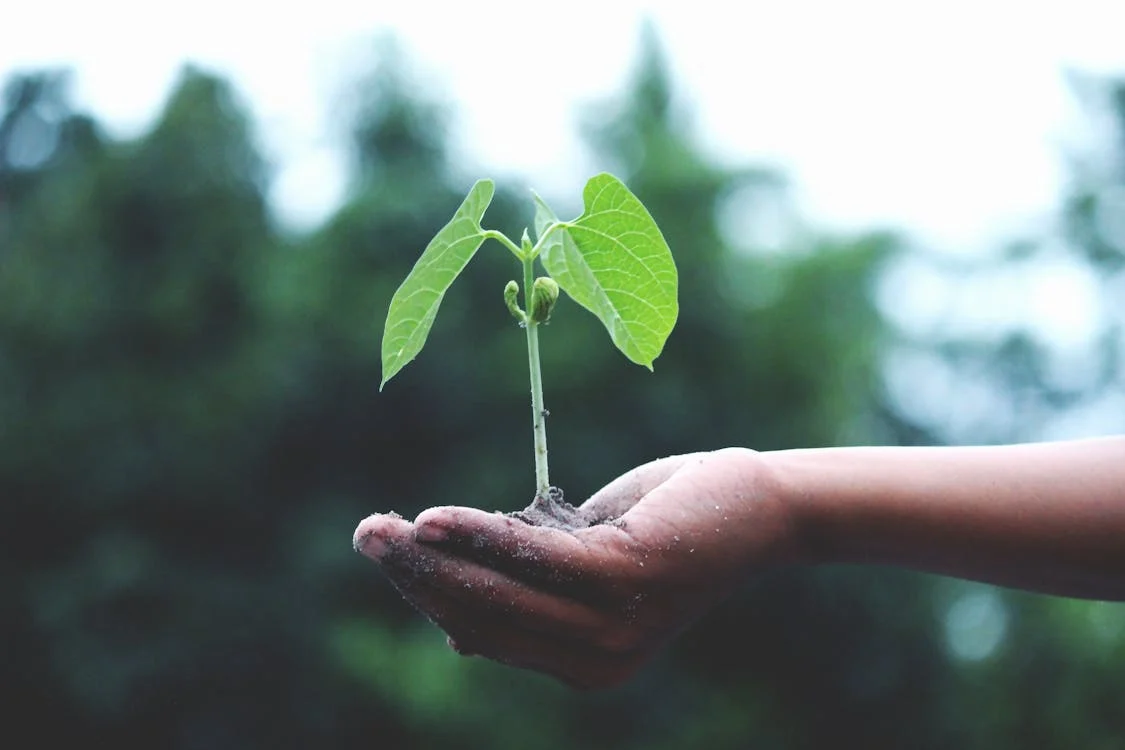Unleash Your Green Thumb: 7 Essential Tips for Beginner Gardeners
Gardening is not just a hobby; it’s a therapeutic and rewarding experience that allows you to connect with nature while beautifying your surroundings. Whether you have a spacious backyard or just a few pots on a balcony, cultivating plants can bring immense joy and satisfaction. If you’re new to gardening and eager to start your green journey, here are seven essential tips to help you get started:
1. Introduction
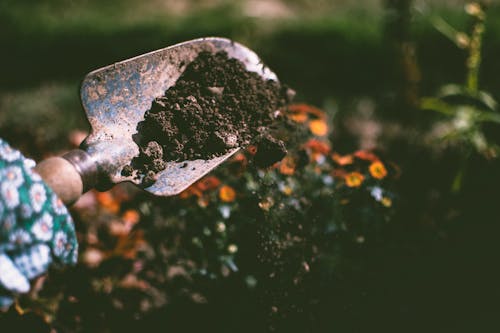
Gardening is more than just planting seeds and watering plants; it’s a journey of nurturing and growth. For beginners, it offers a plethora of benefits, including stress relief, physical exercise, and the satisfaction of watching your efforts bloom into beautiful flowers or delicious fruits and vegetables.
2. Choosing the Right Location
The success of your garden largely depends on its location. Before you start planting, assess the sunlight exposure in different areas of your yard or balcony. Most plants require at least six hours of sunlight daily, so choose a spot that receives adequate sunlight. Additionally, pay attention to soil quality—ensure it’s well-draining and rich in nutrients.
3. Selecting the Right Plants
As a beginner, it’s crucial to choose plants that are easy to grow and maintain. Consider opting for low-maintenance varieties that are resilient to common gardening mistakes. Research the climate conditions in your area and select plants that thrive in your region’s temperature and humidity levels.
4. Preparing the Soil
Healthy soil is the foundation of a successful garden. Before planting, conduct a soil test to assess its pH levels and nutrient content. Based on the results, amend the soil with compost, organic matter, or fertilizer to improve its structure and fertility. healthy soil not only promotes plant growth but also enhances pest and disease resistance.
5. Watering Techniques
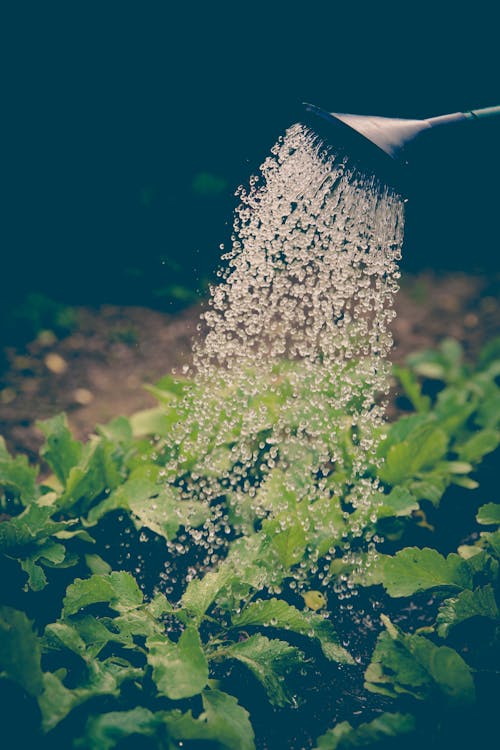
Proper watering is essential for plant health, but it’s easy for beginners to overwater or underwater their plants. Establish a regular watering schedule based on the specific needs of your plants and the prevailing weather conditions. Invest in a watering can or drip irrigation system to deliver water directly to the roots, avoiding water waste and minimizing the risk of fungal diseases.
6. Weeding and Pest Control
Weeds compete with your plants for nutrients, water, and sunlight, so it’s essential to keep them in check. Regularly inspect your garden for weeds and remove them promptly to prevent them from spreading. Additionally, practice natural pest control methods such as introducing beneficial insects, using organic pesticides, or planting companion plants that repel pests.
7. Regular Maintenance
A well-maintained garden is a thriving garden. Schedule regular maintenance tasks such as pruning dead or diseased branches, deadheading spent flowers, and applying mulch to retain soil moisture and suppress weeds. By staying on top of these tasks, you’ll ensure your garden remains healthy and vibrant throughout the growing season.
Conclusion
Embarking on a gardening journey as a beginner can be both exciting and intimidating, but with the right knowledge and guidance, anyone can develop a green thumb. By following these essential tips, you’ll lay the groundwork for a successful and fulfilling gardening experience. Remember to be patient, observe your plants’ needs, and enjoy the process of nurturing and watching them grow.
FAQs
- How often should I water my plants as a beginner gardener?
- The frequency of watering depends on various factors, such as plant type, soil type, and weather conditions. Generally, it’s best to water deeply but infrequently, allowing the soil to dry out slightly between waterings.
- What are some easy-to-grow plants for beginner gardeners?
- Some easy-to-grow plants for beginners include tomatoes, basil, zinnias, marigolds, and succulents. These plants are relatively low-maintenance and forgiving of beginner mistakes.
- How can I prevent common gardening mistakes as a beginner?
- Educate yourself about the specific needs of your plants, including sunlight, water, and soil requirements. Start small and gradually expand your garden as you gain experience. Don’t be afraid to ask for advice from experienced gardeners or consult reliable gardening resources.
- What should I do if I encounter pest or disease problems in my garden?
- Take proactive measures to prevent pest and disease problems by practicing good garden hygiene, such as removing debris and weeds. If issues arise, identify the pest or disease accurately and explore natural or organic treatment options before resorting to chemical pesticides.
- How can I make gardening more sustainable as a beginner?
- Incorporate sustainable practices such as composting, rainwater harvesting, and using organic fertilizers and pesticides. Choose native and drought-tolerant plants that require less water and maintenance, and prioritize soil health by practicing crop rotation and mulching.

